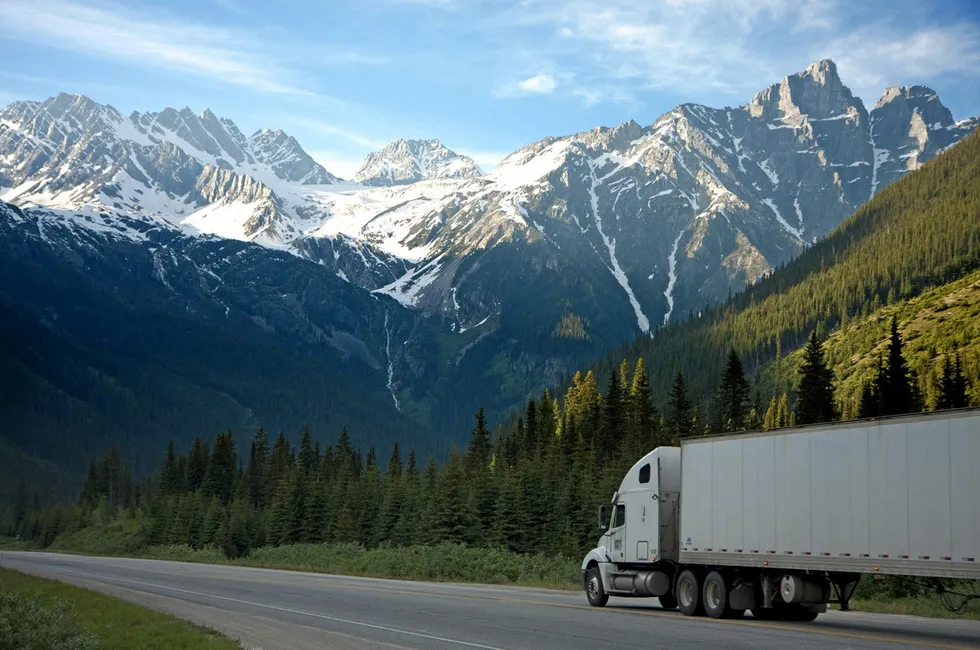US oil giant Chevron commits $25m to California green waste-to-hydrogen project
Fossil-fuel company teams up with green fuels specialist and embattled hydrogen truckmaker Hyzon to produce H2 for refuelling sites

Fossil-fuel company teams up with green fuels specialist and embattled hydrogen truckmaker Hyzon to produce H2 for refuelling sites
